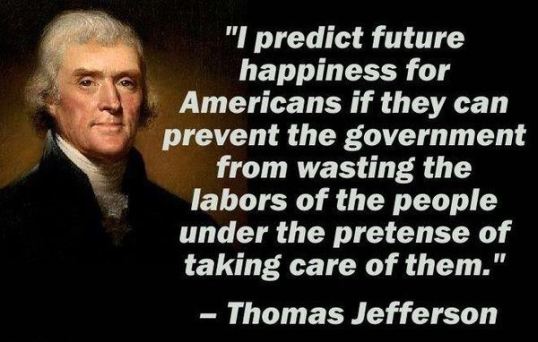A Little Rebellion Now and Then is a Good Thing
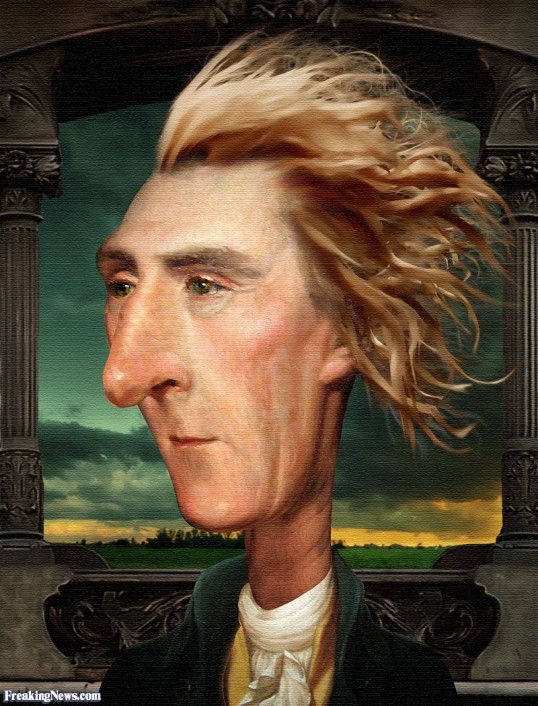
Thomas Jefferson…
…intellectual, architect, philosopher, musician, essayist. He collected and studied fossils, was known to be down to earth, relaxed, unconventional. A common man with a fondness for receiving White House visitors in his robe and slippers. Thomas Jefferson was born on this day in 1743. [above image from Freaking News]
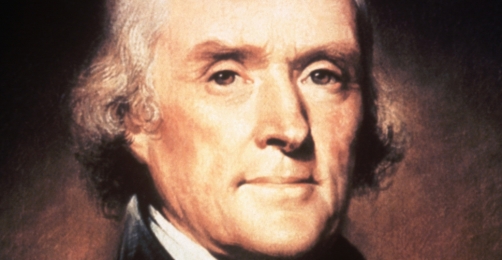
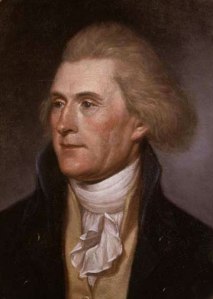
Portrait by Charles Peale
Jefferson’s role in shaping American politics was monumental, not only being our third president but drafting the Declaration of Independence. He was afraid that some of his contemporaries would try to model the new nation after a monarchy – hell, we had just freed ourselves from a monarchy. Jefferson denounced oppressive government and was a fierce proponent of the freedom of speech and religion.
Though Jefferson desired the abolition of slavery, he owned human beings who worked on his plantation. In the context
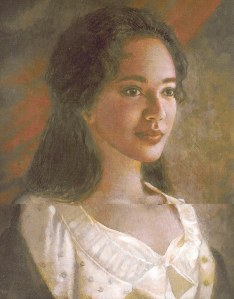
Sally Hennings
of the times he treated his workers well. There has been much controversy concerning one of his slaves, Sally Hemings, being his lover. Sally was a mixed race gal who gave birth to six children the first of which was their son Eston. Jefferson ended the foreign slave trade beginning January 1, 1808. [Image below: Eston Jefferson]
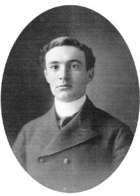
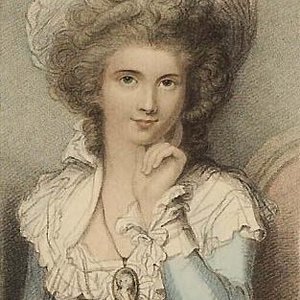
Maria Cosway by her husband Richard
Jefferson was a widower since the death of his wife Martha in 1782 but was thought to have a relationship with the beautiful (married) painter and musician, Maria Cosway. Jefferson met her while serving as minister to France. The relationship inspired him to write his famed romantic essay, A Dialogue Between the Head and Heart.
A Dialogue Between the Head and Heart:
A few Jefferson achievements and contributions
1. Wrote the Declaration of Independence (1776). Jefferson was responsible for writing the first draft of our Declaration of Independence. He did the first draft within 17 days which was reviewed and revised then presented to Congress.
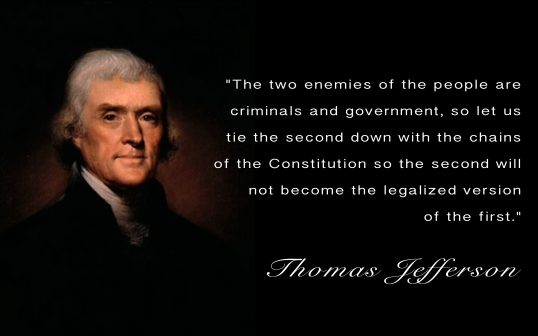
2. Wrote the Virginia Statute for Religious Freedom (1777). He declared freedom of religion a “natural right” which became the model for the First Amendment of the United States Constitution.
3. Advocated for free public education (1779)
4. Served as the first U.S. Secretary of State (1790–1793)
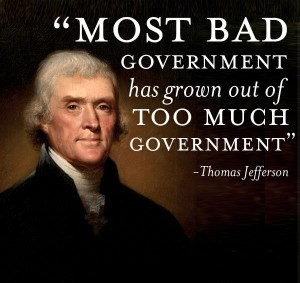
5. Made the Louisiana Purchase (1803). For about $15 million, he effectively doubled the size of the United States.
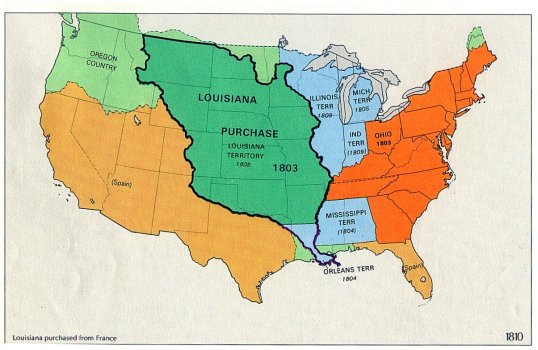
6. Launched the Lewis and Clark Expedition (1804). Jefferson appointed his personal secretary, Meriwether Lewis, who enlisted William Clark, to explore the new American landscape.
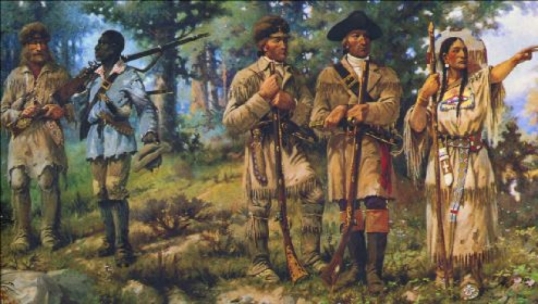
7. Participated in the founding of the Library of Congress (1815). In 1815, Jefferson sold his personal library, consisting of almost 6,700 volumes, to the federal government. These formed the core collection of the beginnings of the Library of Congress. The current Librarian of Congress, James Billington wrote, “If ever a library had a single founder, Thomas Jefferson is the founder of the Library of Congress.”
8. Founded the University of Virginia (1819). Jefferson believed that universities should educate leaders rather than just preachers and professors. He founded the University of Virginia as the first nonsectarian university in the United States as well as the first to use the elective course system.

9. Popularized macaroni and cheese in the United States. When Jefferson traveled to Europe he became enamored with pasta and the many ways of enjoying it. He would serve mac ‘n’ cheese to his guests at his home in Monticello and even had plans for a macaroni machine. He has been referred to as “America’s First Foodie”. There is even a mac ‘n’ cheese recipe in his own handwriting.
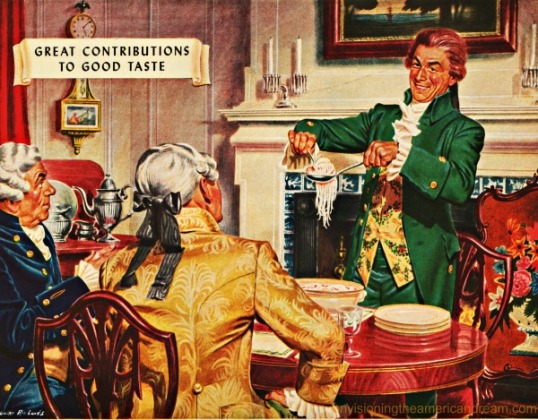
10. Revolutionized gardening and advanced sustainable agriculture. Jefferson was a huge fan of vegetables. He experimented with his garden and loved tomatoes. At the time people thought they were poisonous and “from the devil” because they were red. He also pioneered techniques in sustainable agriculture.
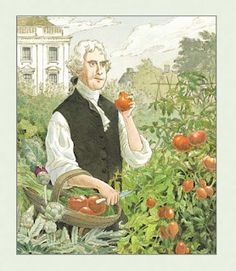
A Little Rebellion Now and Then is a Good Thing
The quote came from a letter from Thomas Jefferson to James Madison. Jefferson was expressing himself in regards to Shays’ Rebellion. Farmers in Massachusetts were angry about their conditions in 1786.
Not being able to “pay up”, they were losing their land, cattle and homes to taxes and “rates” demanded by the state and courts. Jefferson was prompted to express the view that “a little rebellion now and then is a good thing” for America. Jefferson felt that the people had the right to express themselves with grievances against their government.
Jefferson aired his sentiments in a letter to James Madison on January 30, 1787, expressing justification for the series of protests led by Daniel Shay and a group of 1,200 farmers.
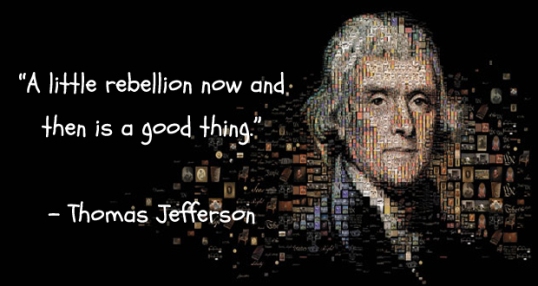
Excerpt from Jefferson’s letter.
“Societies exist under three forms sufficiently distinguishable. 1. Without government, as among our Indians. 2. Under governments wherein the will of every one has a just influence, as is the case in England in a slight degree, and in our states in a great one. 3. Under governments of force: as is the case in all other monarchies and in most of the other republics. To have an idea of the curse of existence under these last, they must be seen. It is a government of wolves over sheep. It is a problem, not clear in my mind, that the 1st. condition is not the best. But I believe it to be inconsistent with any great degree of population. The second state has a great deal of good in it. The mass of mankind under that enjoys a precious degree of liberty and happiness. It has it’s evils too: the principal of which is the turbulence to which it is subject. But weigh this against the oppressions of monarchy, and it becomes nothing. Malo periculosam, libertatem quam quietam servitutem. Even this evil is productive of good. It prevents the degeneracy of government, and nourishes a general attention to the public affairs. I hold it that a little rebellion now and then is a good thing, and as necessary in the political world as storms in the physical.1 Unsuccesful rebellions indeed generally establish the incroachments on the rights of the people which have produced them. An observation of this truth should render honest republican governors so mild in their punishment of rebellions, as not to discourage them too much. It is a medecine necessary for the sound health of government.” – Thomas Jefferson to James Madison, Paris, January 30, 1787
